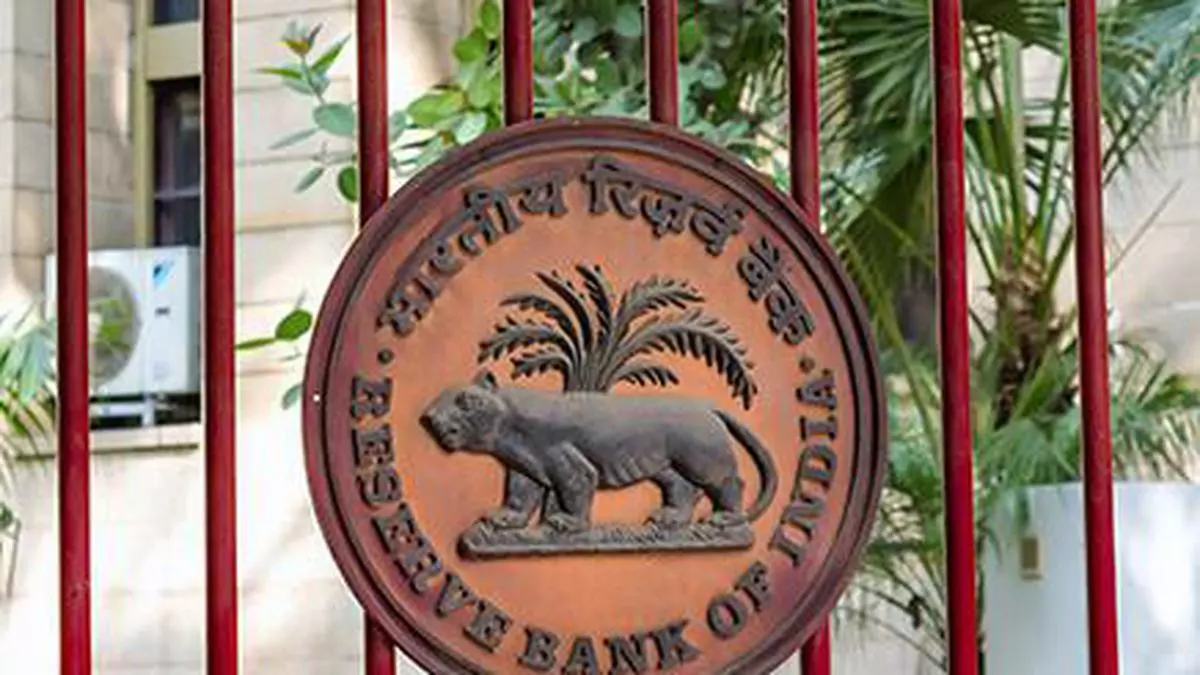RBI economic surveys point to optimistic growth outlook
Reserve Bank of India’s forward looking surveys indicate improving macro economic sentiments across various segments.
Services sector firms assessed further improvement in overall business situation, job landscape and their turnover during the fourth quarter of 2023-24. While enterprises gauged higher cost pressures stemming from input costs, pressures from salary outgo and cost of finance, however, moderated during the quarter. Respondents were more upbeat on the overall business situation and their turnover, as well as both full-time and part-time employment conditions during April-June 2024. Service sector enterprises remain highly positive on availability of finance and expect it to improve further in the ensuing quarter.
‘Highly optimistic’
Infrastructure players were optimistic about the overall business situation, turnover and employment conditions in the first quarter of 2024-25 though the expectations were somewhat tempered when compared to the previous survey round. Respondents remain highly optimistic about demand and employment conditions till Q3:2024- 25. But a majority of firms anticipated further rise in input costs and selling prices till end-2024.
Bankers assessed sustained loan demand across major sectors during Q4:2023-24. Bankers expressed continued optimism on overall loan demand conditions during Q1:2024-25, albeit a tad below that in the previous quarter, which was a seasonal peak. But bankers remain upbeat on loan demand across major sectors up to end 2024.
Another survey of professional forecasters on macroeconomic indicators has assigned the highest probability of real GDP growth in the range of 6.5- 6.9 per cent for both the years 2024-25 and 2025-26. Annual growth in real private final consumption expenditure (PFCE) and real gross fixed capital formation (GFCF) for 2024-25 are expected at 6.0 per cent and 8.4 per cent, respectively.
Industrial outlook
In the industrial outlook survey, manufacturers reported better demand conditions in their assessment of production, order books, capacity utilisation and overall business situation for Q4:2023-24. Manufacturers remained optimistic on demand conditions in Q1:2024-25, with well over half of the respondents reporting rise in production, order books and overall business situation; the optimism was, however, lower when compared to that in the previous quarter, which is partly seasonal.
The bi-monthly inflation expectations survey of households showed that inflation expectations for both three months and one year ahead moderated by 20 basis points (bps) each to 9.0 per cent and 9.8 per cent, respectively; their perception of current inflation, however, remained unchanged at 8.1 per cent. The share of households expecting overall prices and inflation to increase over the next three months and one year moderated for general prices as well as for most of the product groups when compared to the previous survey round.
Notable improvement
The consumer confidence survey for the year ahead improved further on the back of higher optimism in all CCS parameters; higher optimism resulted in the future expectations index (FEI) rising further by 2.1 points to 125.2 – also its highest level since mid-2019. Households’ sentiments on the general economic situation and employment prospects recorded notable improvements for both the current period as well as the upcoming year; in synchrony, their outlook on discretionary spending improved.
Economist survey projects annual growth in real private final consumption expenditure (PFCE) and real gross fixed capital formation (GFCF) for 2024-25 are expected at 6.0 per cent and 8.4 per cent, respectively, Bankers expressed continued optimism on overall loan demand conditions, Services and Infrastructure Outlook Survey indicate d further improvement in overall business situation, job landscape and their turnovers, Consumer survey assessed better income situation compared to a year ago and expected further rise in income in the year ahead; Manufacturers reported better demand conditions in their assessment of production, order books, capacity utilisation and overall business situation.
